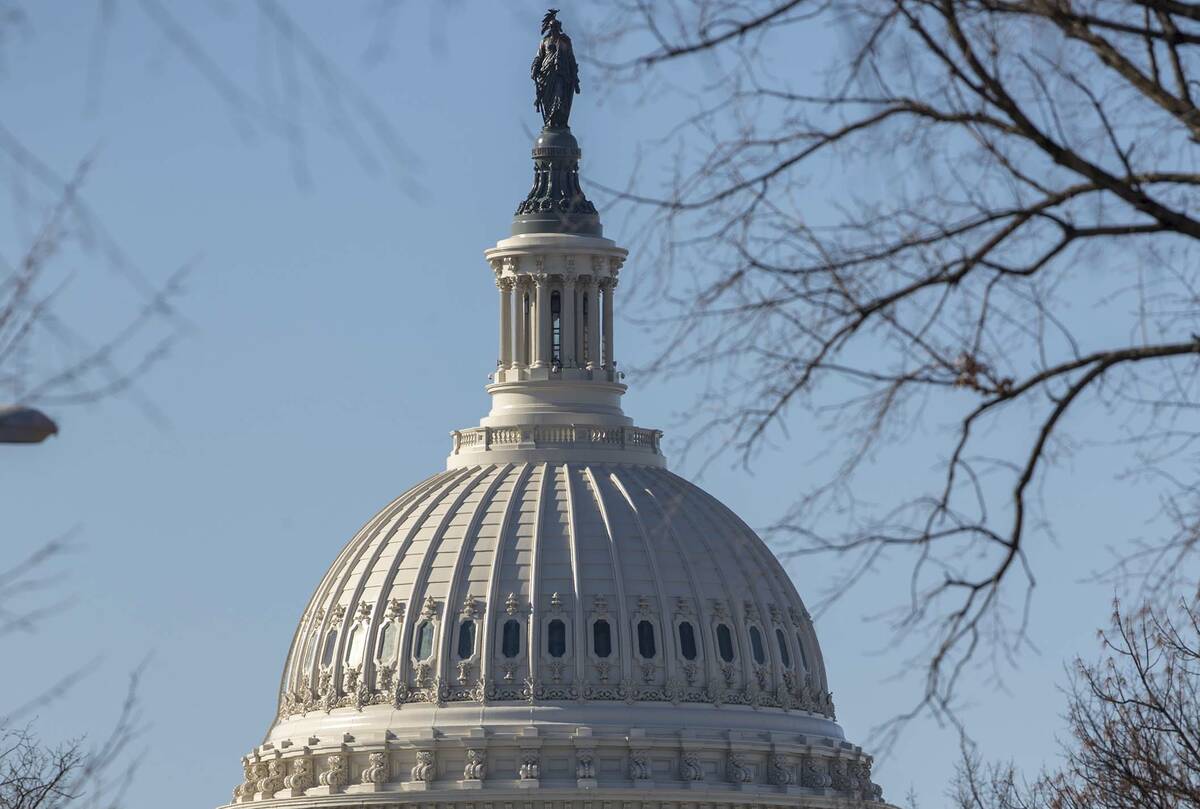EDITORIAL: Intelligence gathering law needs major reforms
The Biden administration wants Congress to renew a law that allows intelligence agencies to snoop on American citizens. Critics of the statute argue that the powers granted under the statute are too broad.
Given how the law has been used over the past two decades, the critics have a point.
That surveillance program — authorized by Section 702 of the Foreign Intelligence Surveillance Act — was created following the Sept. 11 terrorist attacks and allows intelligence agencies to gather large amounts of data on foreigners living abroad, without a warrant. Section 702 was intended to track foreign spies and potential terrorists, but as Eric Boehm of Reason magazine notes, it has predictably morphed into a tool for law enforcement agencies to get a warrantless peek at Americans’ phone records, emails and other electronic communications. This raises vital Fourth Amendment issues.
Revelations of the scope of the snooping have led politicians on both sides of the aisle to demand more protections before renewing this provision of the law.
While the FBI imposed new internal restrictions on the use of Section 702 surveillance last year, a new White House report says those changes are “insufficient to ensure compliance and earn the public’s trust.” In a report published last week, the White House’s Intelligence Advisory Board said the FBI’s use of the databases created by Section 702 should be limited to investigations dealing with foreign intelligence — the same standard that is used at other intelligence agencies with access to that data.
Mr. Boehm notes that the full scope of Section 702 data collection remains unknown, but there’s no doubt about the FBI’s aggressive use of the database. According to watchdog groups, the FBI in 2021 ran more than 3.3 million queries through the Section 702 database. Mr. Boehm also cites a 2021 report from the secret federal court responsible for adjudicating FISA-related matters, which documented 40 instances in which the FBI accessed surveillance data as part of investigations into a host of purely domestic crimes.
In other words, the FBI is using a statute intended to go after foreign terrorists to get around constitutional protections against unreasonable searches and seizures for American citizens.
The last time Section 702 was renewed, in 2018, about one-third of members in the House and Senate voted against it. This time around, lawmakers from both sides have said they won’t vote to renew the provision unless major changes are made. Such bipartisanship in the midst of our polarized political climate goes a long way to illustrate the flaws in Section 702.

















